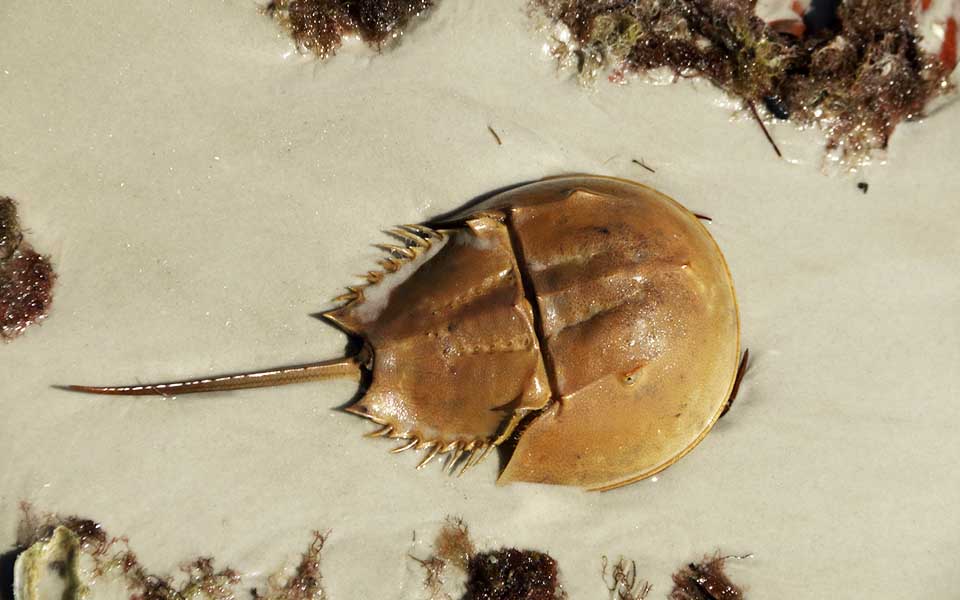Freedman AH, et al.
Genome Sequencing Highlights the Dynamic Early History of Dogs.
PLoS Genetics 10(1):e1004016. (2014) doi:10.1371/journal.pgen.1004016
Press release from the University of Chicago.
From your link:
"
Abstract
To identify genetic changes underlying dog domestication and reconstruct their early evolutionary history, we generated high-quality genome sequences from three gray wolves, one from each of the three putative centers of dog domestication, two basal dog lineages (Basenji and Dingo) and a golden jackal as an outgroup. Analysis of these sequences supports a demographic model in which dogs and wolves diverged through a dynamic process involving population bottlenecks in both lineages and post-divergence gene flow. In dogs, the domestication bottleneck involved at least a 16-fold reduction in population size, a much more severe bottleneck than estimated previously. A sharp bottleneck in wolves occurred soon after their divergence from dogs, implying that the pool of diversity from which dogs arose was substantially larger than represented by modern wolf populations. We narrow the plausible range for the date of initial dog domestication to an interval spanning 11–16 thousand years ago, predating the rise of agriculture. In light of this finding, we expand upon previous work regarding the increase in copy number of the amylase gene (
AMY2B) in dogs, which is believed to have aided digestion of starch in agricultural refuse. We find standing variation for amylase copy number variation in wolves and little or no copy number increase in the Dingo and Husky lineages. In conjunction with the estimated timing of dog origins, these results provide additional support to archaeological finds, suggesting the earliest dogs arose alongside hunter-gathers rather than agriculturists. Regarding the geographic origin of dogs, we find that, surprisingly, none of the extant wolf lineages from putative domestication centers is more closely related to dogs, and, instead, the sampled wolves form a sister monophyletic clade. This result, in combination with dog-wolf admixture during the process of domestication, suggests that a re-evaluation of past hypotheses regarding dog origins is necessary.
Author Summary
The process of dog domestication is still poorly understood, largely because no studies thus far have leveraged deeply sequenced whole genomes from wolves and dogs to simultaneously evaluate support for the proposed source regions: East Asia, the Middle East, and Europe. To investigate dog origins, we sequence three wolf genomes from the putative centers of origin, two basal dog breeds (Basenji and Dingo), and a golden jackal as an outgroup. We find that none of the wolf lineages from the hypothesized domestication centers is supported as the source lineage for dogs, and that dogs and wolves diverged 11,000–16,000 years ago in a process involving extensive admixture and that was followed by a bottleneck in wolves. In addition, we investigate the amylase (
AMY2B) gene family expansion in dogs, which has recently been suggested as being critical to domestication in response to increased dietary starch. We find standing variation in
AMY2B copy number in wolves and show that some breeds, such as Dingo and Husky, lack the
AMY2B expansion. This suggests that, at the beginning of the domestication process, dogs may have been characterized by a more carnivorous diet than their modern day counterparts, a diet held in common with early hunter-gatherers."

